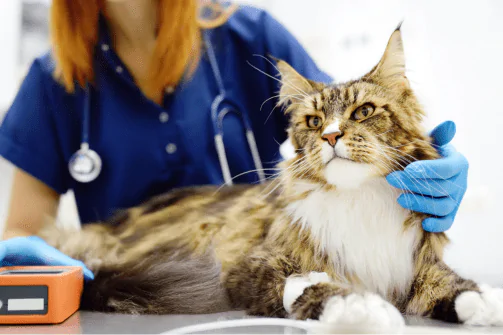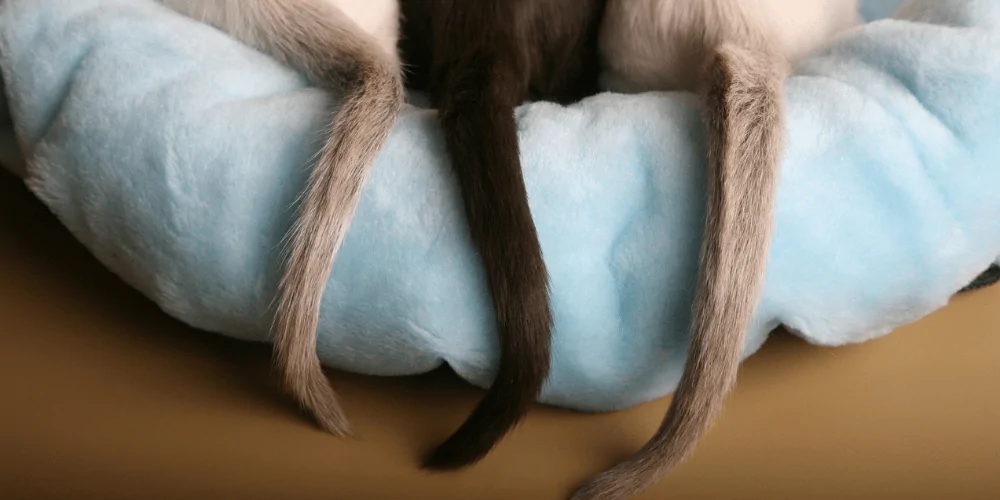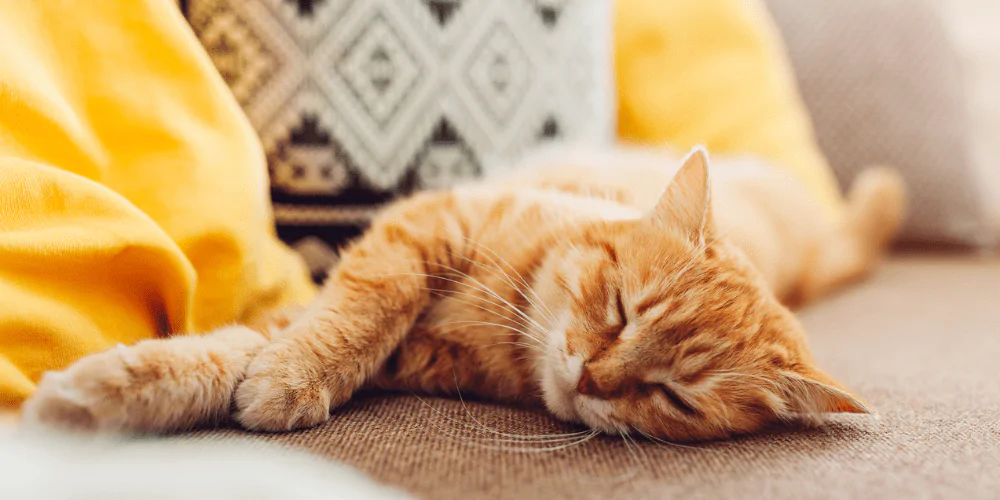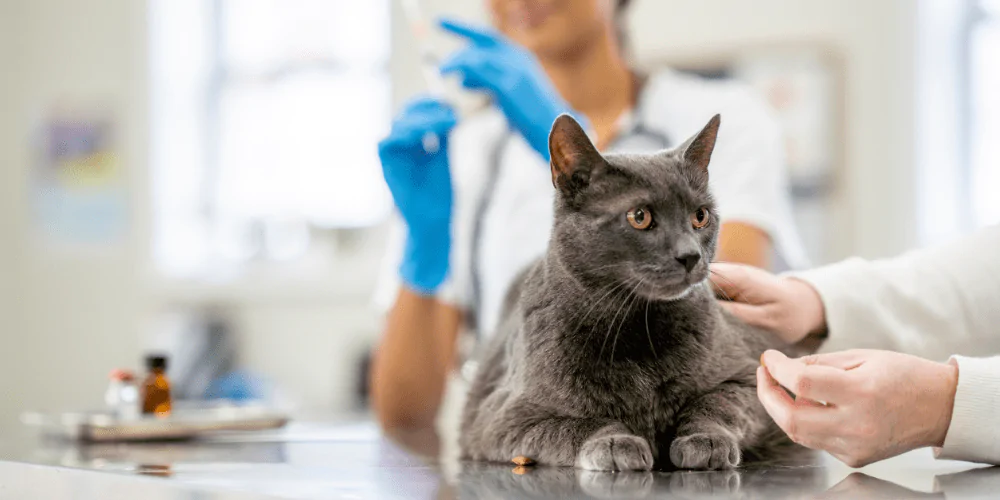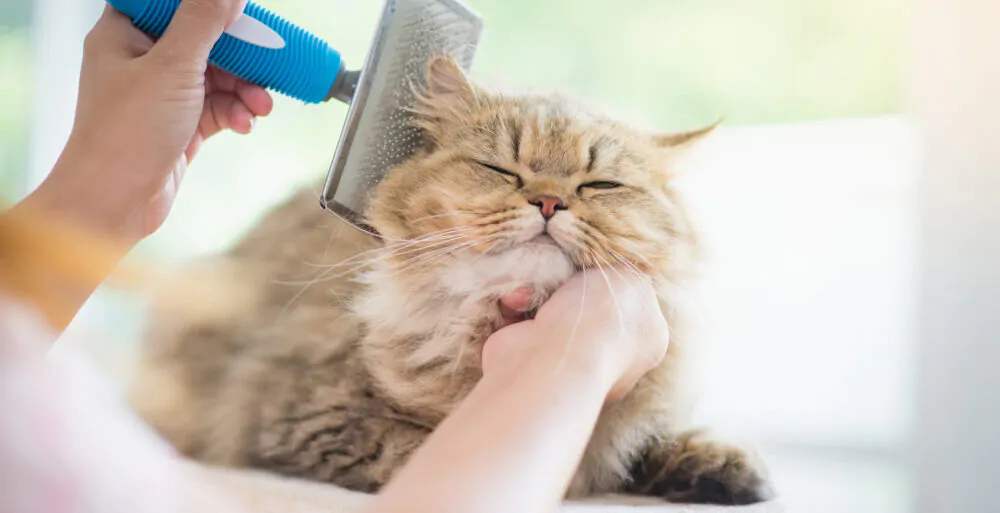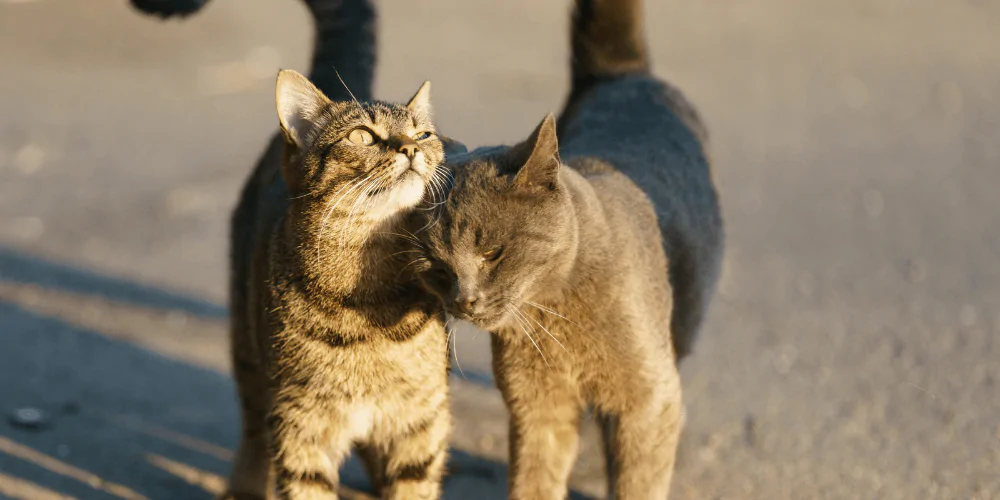If you spot symptoms of cystitis in your cat, your vet will be able to find the best treatment for them. There’s no specific diagnostic test for idiopathic cystitis but your vet will perform a physical exam. They might also run blood and urine tests to help narrow the diagnosis.
Cystitis often flares up when your cat gets stressed, so working out triggers and reducing these is the best way to prevent it coming back.
Anti-inflammatory medication
Pain relief is often prescribed for cats with cystitis. Cystitis inflammation and spasms can cause your cat’s urethra to narrow, which makes it more uncomfortable to pass urine. Anti-inflammatory medication can help to manage this pain and reduce any inflammation in the bladder and urinary tract.
Increase fluid intake
Reducing the concentration of your cat’s urine can help stop cystitis coming back. Increase their access to water by giving them multiple bowls and other sources such as a water fountain.
If they have a dry food diet, try adding water to it, or changing over to wet food. If they already have a wet food diet, add water to their food for extra hydration.
Reduce stress
Stress is thought to be a big trigger for cystitis in cats. You can take steps to reduce stressful situations such as:
- keeping their routine consistent
- giving them an elevated sleep area and plenty of hiding places
- keep their food bowls away from their litter tray
- give them multiple litter trays in quiet, private areas
- if you have multiple cats, ensure there are enough resources so that cats don’t have to share
- try to avoid loud noises like the washing machine or vacuum when they’re around
- minimise interactions with strangers or people they don’t feel comfortable with
- learning more about how to reduce stress in cats



